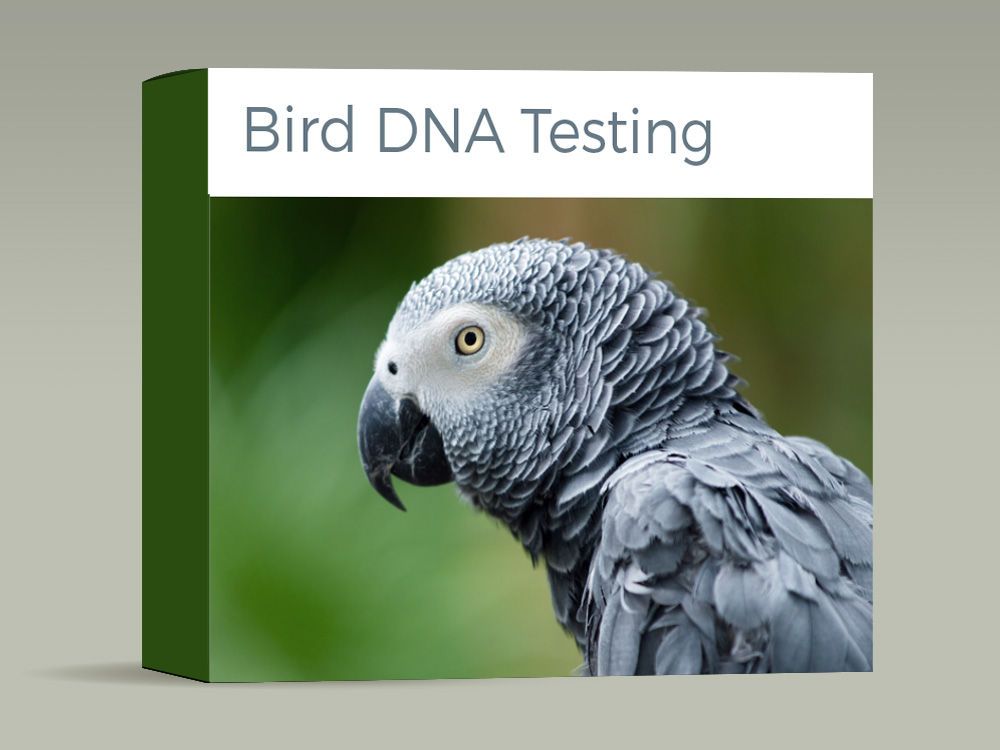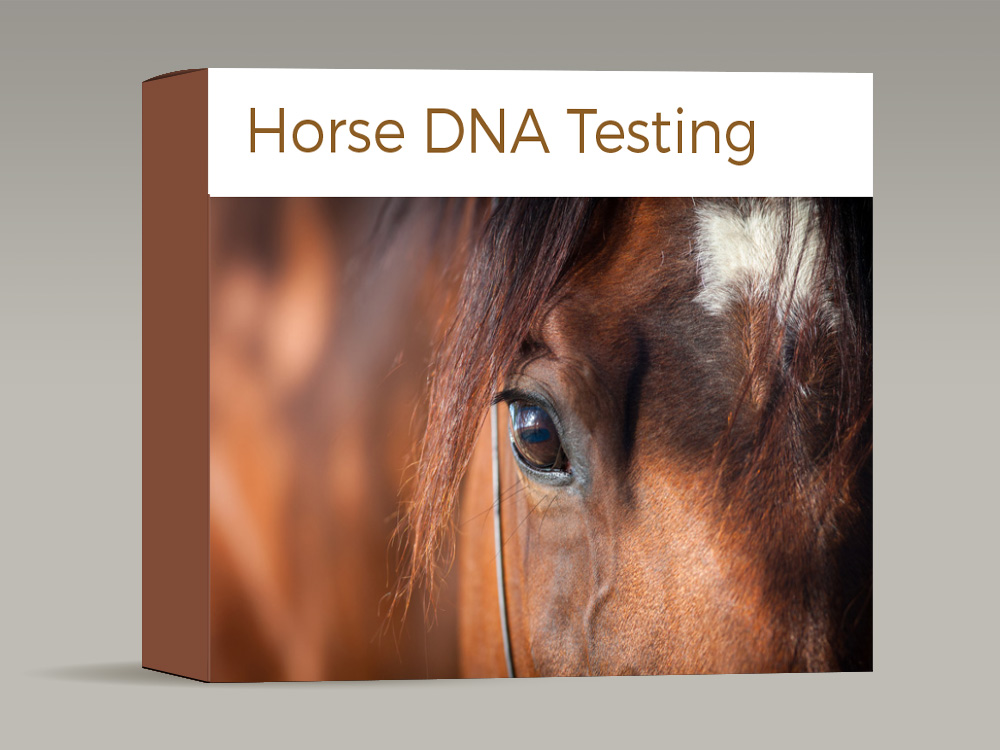Just how far will people go to find the perfect piece of beef? At least as far as using genomics to predict whether a piece of beef will be tender. Though the results are preliminary, the team at Herbivore Research Unit of the National Agronomic Research Institute (INRA) in Theix, France is encouraged by their findings. Beyond the 3,000 cattle genes that are involved with muscle biology, which can affect meat taste, including meat juiciness, and flavor, the INRA team also isolated a family of genes called “heat shock protein (HSP)” genes which seem to have an especially strong correlation with meat tenderness.
Hasan Khatib, an associate professor at the department of Dairy Science at the University of Wisconsin-Madison, is careful to note that, “since HSP genes are involved in so many other processes in the cell, I still do not have a comprehensive idea on how animals will be selected in breeding programs based on [these genes].”
Genetically engineered food has been with us for a while
This INRA study isn’t the first time genetics have influenced our food choices. In fact, genetically engineered food is more common than you think. Our forefathers practiced a rudimentary form of genetic engineering—selective breeding—when they discovered that they could consistently produce certain traits in plants and animals by careful mating or crossbreeding choices, but this process could take several generations.
Today, genetic modification has sped up the process. Hawaiian papayas have been bred to be immune to the ringspot virus since 1999. Corn is one of the most heavily modified crops (In 2000, the U.S. Department of Agriculture estimated that 25 percent of corn crops growing in the United States contained genetically modified corn), with soy taking claim as the most modified (In 2007, more than half of the world’s soy was made up of genetically modified strains).
The Simpsons already did it
 For a short time in the mid-1990s, the Flavr Savr tomato was bred to resist rot. The product was popular until the scientist that invented the FlavrSavr expressed concerns about the tomato’s potential carcinogenic properties. But that didn’t stop The Simpsons from capitalizing on such a crop’s possibilities with their famous Tamacoo episode. Fingers crossed, they tackle DNA and tender steak next.
For a short time in the mid-1990s, the Flavr Savr tomato was bred to resist rot. The product was popular until the scientist that invented the FlavrSavr expressed concerns about the tomato’s potential carcinogenic properties. But that didn’t stop The Simpsons from capitalizing on such a crop’s possibilities with their famous Tamacoo episode. Fingers crossed, they tackle DNA and tender steak next.







0 Comments